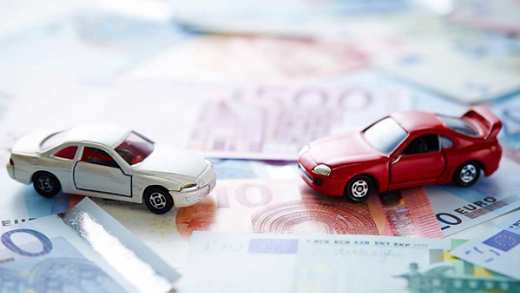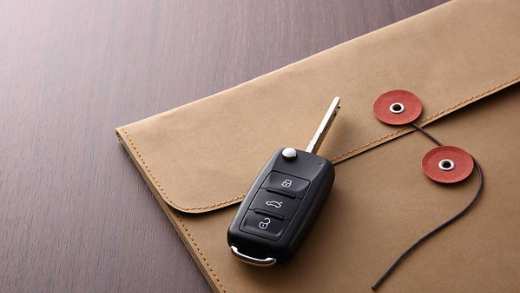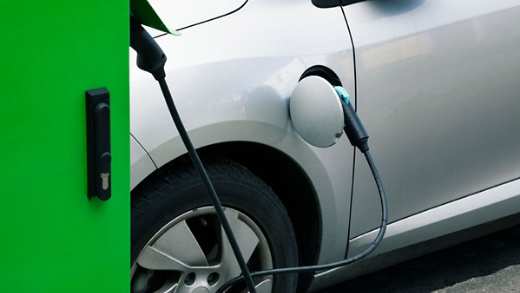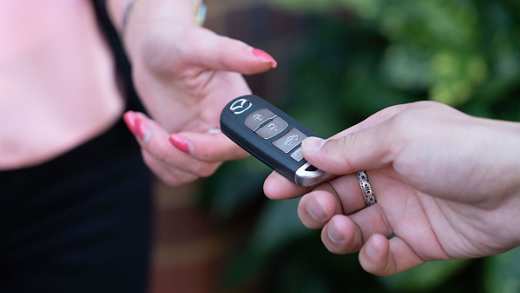Importing a car to Ireland can be an exciting way to upgrade – you can choose from a wide range of models, and potentially save a lot of money. But it can be a complicated way to purchase, and it’s important to navigate the process carefully to ensure a hassle-free experience.
In this post, we'll cover some essential considerations for importing a car to Ireland, including how to insure your imported car, stay within budget, and key details to keep in mind post-Brexit.
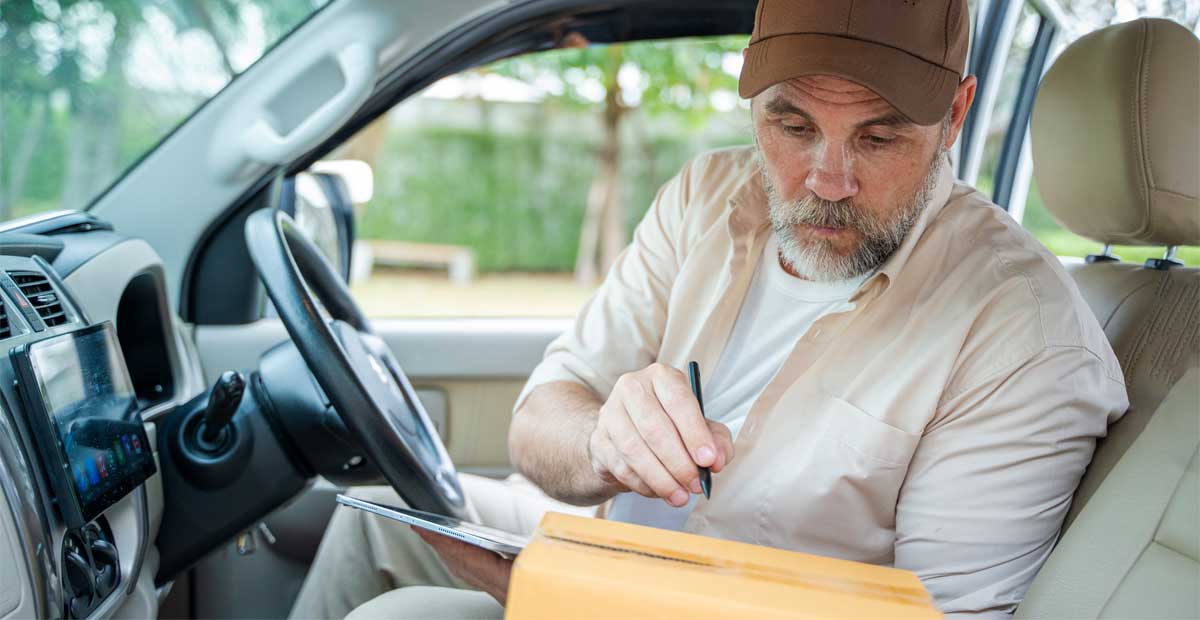
Considerations for importing a car
Before diving into the process of importing a car, there are several key considerations to keep in mind.
- Vehicle specifications: Before beginning the process, you must ensure that the car you want to import complies with Irish regulations, including roadworthiness, emissions standards, and safety requirements.
- Age and mileage: Take note of the vehicle's age and mileage, as it may affect your eligibility for certain tax benefits or import duties.
- Vehicle history: When choosing your vehicle, be sure to obtain a comprehensive vehicle history report, including details about ownership, accidents, and service records. If the car dealer cannot provide this information, it’s probably a good idea to look elsewhere.
The process of importing a car from the UK
The documentation and process of importing a car to Ireland can differ depending on where you import it from. But as the UK is one of the most common places to import a car from into Ireland, we’ll use it as an example to give an overview of the process.
1) Inform the British authorities that you intend to import a car to Ireland
When you choose and buy a car in the UK, you’ll receive a V5C document once the ownership is transferred, which is the equivalent of the Irish Vehicle Registration Certificate. You’ll then have to fill out the ‘Notification of Permanent Export’ section of the document and send it to the UK’s Driver & Vehicle Licencing Agency (DVLA). You must keep the rest of the V5C document, as you’ll need it once you return to Ireland. Depending on where you buy your new car, you may travel to the UK to collect it in person, or someone from the car dealership may bring it to the ferry port for you.
2) Pay the relevant taxes and charges
The cost to import a car from the UK can be high, when you add up all the taxes, charges, and logistics involved. Cars imported from the UK to Ireland are liable for Vehicle Registration Tax (VRT), VAT at the current rate (23%), and customs duties. If you are moving from the UK to Ireland and bringing your car with you, you may be able to avail of exemptions to these charges. Ensure that all of these charges are taken care of to avoid any obstacles to importing and driving your car in Ireland.
3) Book a VRT inspection with the NCTS
All motor vehicles in Ireland must be registered within 30 days of their date of entry. Once you bring your car into Ireland, you must make an appointment with the National Car Testing Services (NCTS) within seven days of it entering the country. At the NCTS centre, you’ll need to present the following documents:
- the foreign registration certificate or certificate of de-registration as issued by the relevant registration authority in the other State
- The vehicle’s invoice, with the date of purchase
- Proof of your name and address
- Proof of your PPSN
- If your vehicle was purchased in Northern Ireland, you will need either:
- Details of the date it was shipped to NI from an EU country or
- The administrative number and date of issue by customs at the point of entry into NI from Britain
Once your appointment at the NCTS has confirmed that your vehicle is as described in your V5C document, they’ll give you your new Irish registration number.
4) Pay your Irish road tax and motor insurance
Once you have your new registration information, you can then organise your motor tax, insurance, and, if needed, an NCT inspection.
How to insure your imported vehicle
When getting a quote, make sure all your valuation and specification details are up to date, so your insurance covers everything you need.
Depending on your new car’s make and model, insurance providers may have certain criteria on whether they can insure, and sometimes, may not be able to give a quote. Make sure to take the time to research this before buying, so you aren’t stuck with an uninsurable vehicle once you’re back in Ireland.
Key details to keep in mind post-Brexit
Before Brexit, Ireland and the UK had less stringent regulations when it came to importing vehicles to Ireland. Now, restrictions, taxes and charges are different, so it’s important to know the most up-to-date information.
- Customs duties and VAT: Irish motorists weren’t subject to paying VAT when importing a vehicle from the UK. Now, the UK is deemed as a ‘third country’ by EU standards, and so is liable for all of the charges that other countries deal with when exporting a car to Ireland. Irish motorists now have to fill out a customs declaration, pay or account for customs duty of 10% and VAT of 23% before registering their vehicle in Ireland.
- Northern Ireland: Under the trade agreement, Northern Ireland continues to be treated as an EU country. This means that you don’t have to fill out a customs declaration form when purchasing a car in Northern Ireland. However, you will still need to prove that one was made if the vehicle was imported to Northern Ireland from elsewhere. You’ll also still be liable to pay VRT and VAT (but only if the car is new) once it arrives in Ireland.
Importing a car from the UK to Ireland can be a rewarding experience, but it requires careful planning and attention to detail. By considering factors such as vehicle specifications, insurance coverage, and post-Brexit regulations, you can ensure a seamless and cost-effective process.
Once you’ve brought your new car home, it’s important to have your insurance needs covered. Find an Aviva car insurance quote to suit you – and get 15% off when you buy online.








